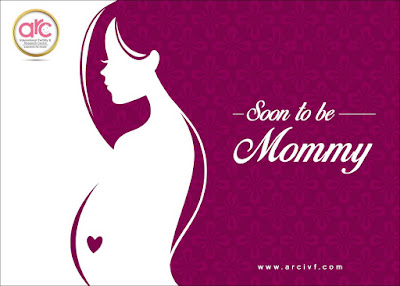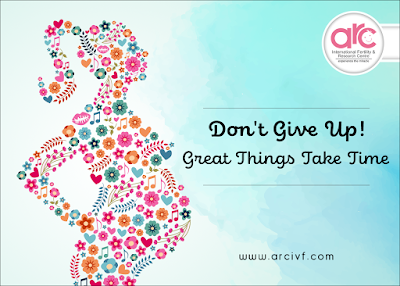Ultimately at one point in time, all that we dream of is a beautiful family life with kids playing around, giving us the greatest source of joy. Giving birth to one's own child is definitely the most blissful moment of life. While many of us are lucky enough to beget a child some of us are not. Some couples are diagnosed with infertility which is quite agonizing. Like any other conditions infertility also shows various symptoms which can be inconspicuous as they are not direct symptoms. Thanks to the continuous progress of medical science, many treatments have been found out to overcome infertility. But being aware of the symptoms is crucial for deciding your treatment. The obvious and most primary symptom is definitely not getting pregnant within a year of unprotected sexual intercourse. Yet there are some other symptoms that you need to be aware of. Here are some of the common symptoms of infertility that may go unnoticed by you.
Causes of infertility in men and women can be of different types.
Are you facing troubles conceiving a child? You don't have to worry. We, at ARC International Fertility and Research Centre, is here to help you. At ARC, we provide a comprehensive range of treatments to tackle infertility issues in couples and achieve phenomenal results. Brace yourselves to hold your own little one in your arms. To get the best infertility treatment in India, book your appointment now.
Visit @ www.arcivf.com
Mail us: arc.flagship@gmail.com
Causes of infertility in men and women can be of different types.
Infertility Signs In Women
- Irregular periods is one such sign that could be pointing at infertility. The average cycle of periods is 28 days. A few days before or after the 28th day can be considered normal. But you could be experiencing irregularity in your periods if you can't even estimate the arrival of your periods due to a significant variation in the cycle. Such a condition could be due to hormonal issues or polycystic ovarian syndrome(PCOS). If you haven't had your periods for months then you should definitely approach your gynecologist and get your fertility checked. Painful periods that hinder with your day to day routine can be a symptom of endometriosis which in turn affects fertility. The pain mentioned here need not be confused with the period cramps which is normal.
- Hormonal fluctuations are yet another sign that could indicate infertility. Sudden skin issues, weight gain etc. might be a result of hormonal fluctuation. It is best that you consult a doctor during such times.
- Some women experience pain during sexual intercourse. Most of them dismiss it considering it a trivial matter. But it is not. This could be anything ranging from hormonal fluctuations to endometriosis that could cause infertility.
Infertility Signs In Men
- Pain or swelling of the testicle experienced can be due to various conditions contributing to infertility. So do consult a doctor if you experience the same.
- If you have issues maintaining an erection, then the possibility is that your hormonal levels may have reduced. This may contribute to infertility as well
- Testicle health of a man is one of the main factors that contribute to fertility. Sperms are present in the testes. Small or firm testicles can cause trouble in conceiving. Such conditions ought to be checked by a doctor.
Are you facing troubles conceiving a child? You don't have to worry. We, at ARC International Fertility and Research Centre, is here to help you. At ARC, we provide a comprehensive range of treatments to tackle infertility issues in couples and achieve phenomenal results. Brace yourselves to hold your own little one in your arms. To get the best infertility treatment in India, book your appointment now.
Visit @ www.arcivf.com
Mail us: arc.flagship@gmail.com

















